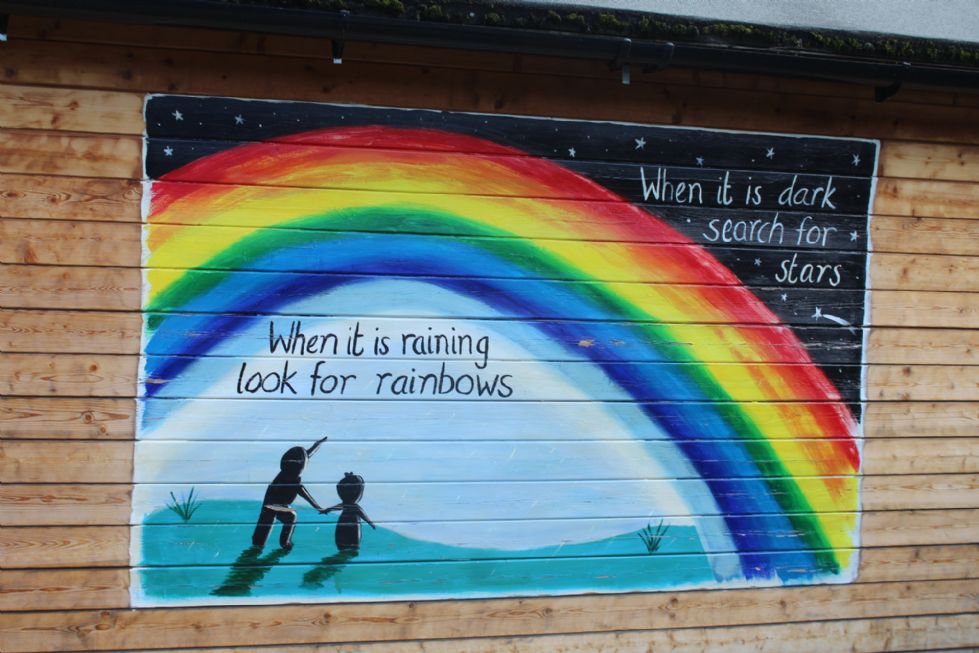Wellbeing and Personal Development
Ravenscote Junior School’s Commitment to Wellbeing
At Ravenscote Junior School, we are committed to promoting an awareness of mental health and wellbeing for all of our school community: our children, our staff and our families. We understand wellbeing as a state of being comfortable, healthy and happy, and in which a person is able to thrive – but we also recognise that uncomfortable emotions help us learn and grow. We strive to create an environment which has a whole school approach to providing excellent support for all individuals, as well as interventions where necessary, and to increase everyone’s knowledge and understanding of their own, and others’, mental health and wellbeing.
We pledge to:
- Engage the whole-school community in the importance of mental health awareness.
- Enrich the lives of the whole community by offering education, provision and intervention that match the needs of the community.
- Excel in promoting positive mental health as ‘everyone’s business’, whilst placing wellbeing at the heart of our school’s ethos.
At Ravenscote, we are very proud to have recently gained the Wellbeing Award for Schools.
A few highlights from the report were:
"Your school is exceptional and a wonderful example of how wellbeing shapes everything that you do."
"Children especially feel like they belong, that they are safe and that they are ready to learn. When they don't feel ready to learn or when they feel unease, they know how to employ the strategies and tools that they have been taught."
"The children speak very highly of the school, aware of all that is available to them and how much support is on offer when needed."
"The measures put in place to promote and protect staff wellbeing have been robust, meaningful and consistently thoughtful."
This ensures that mental health and wellbeing sits at the heart of our school life.

At school, we encourage the children to recognise their mental wellbeing. Evidence suggests there are 5 steps we can all take to improve our mental wellbeing:
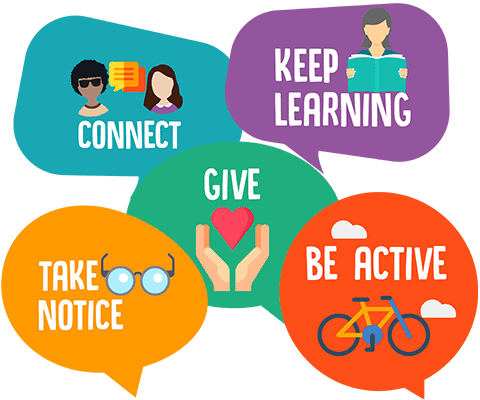
Connect – connect with the people around you: your family and friends. Spend time developing these relationships.
Be active – take a walk, go cycling or play a game of football. Find a physical activity that you enjoy and make it a part of your life. Exercising makes you feel good.
Keep learning – learning new skills can give you a sense of achievement and a new confidence, as well as being fun. This includes hobbies and interests as well as academic learning.
Give – even the smallest act can count, whether it's a smile, a thank you or a kind word. Do something nice for another person or group/class.
Take notice – be mindful of feelings, sensations, surroundings and nature. Be curious, catch sight of the beautiful and remark on the unusual. Notice the changing seasons. Be aware of the world around you and what you are feeling.
Here are some of our current wellbeing provisions:
ELSA (emotional literacy support) – helping children understand their emotions and manage them appropriately.
Nurture group – where childrens' emotional and social needs are met in order for them to access their learning.
Resilience group – to support children struggling with anxiety and provide them with strategies to cope with life’s challenges.
Wellbeing adults – each child has an identified adult in school to talk about any concerns or worries they may have.
Bailey the therapy dog – who comes to listen to the children read.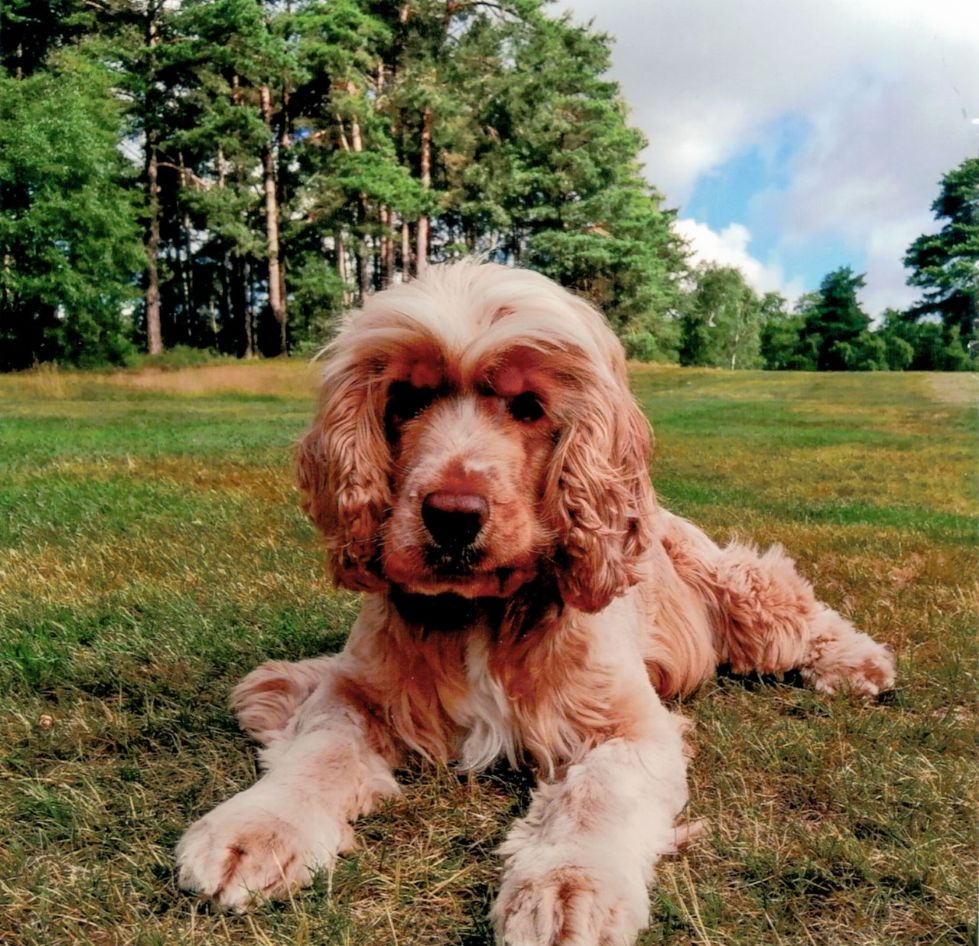
Lunchtime club – a calm space for children who may find a busy playground challenging.
Environmental club – making the most of all our fantastic outdoor environments in school.
Forest school – to develop confidence and self-esteem through hands-on experience in a natural setting.
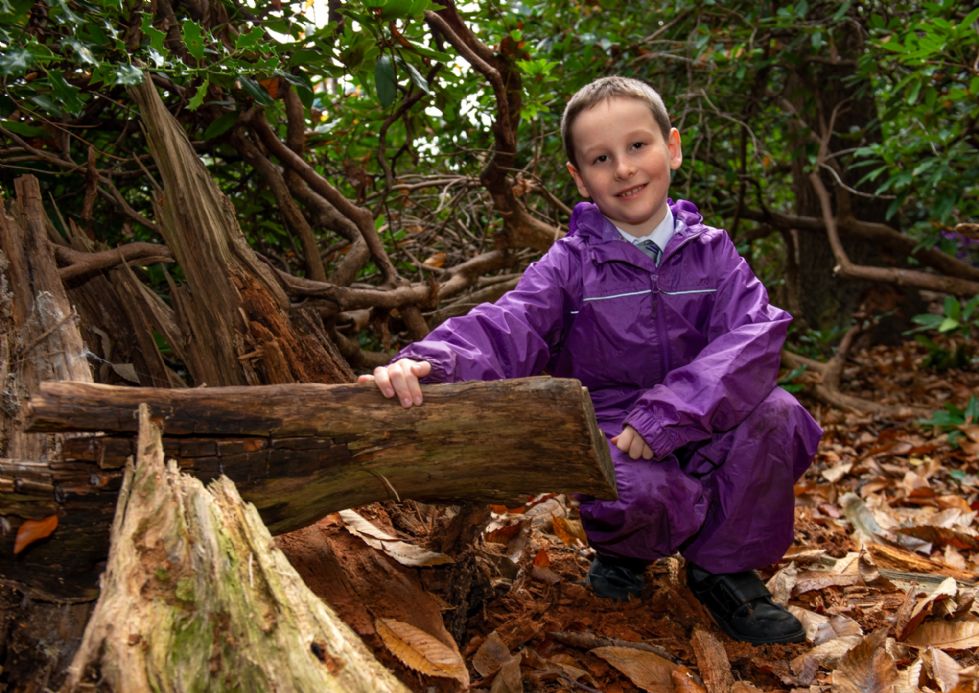
A huge variety of sports lessons and clubs.
The Daily Mile – our children are encouraged to walk the Daily Mile regularly on our designated track.
Transition – extra support for pupils joining us at Ravenscote and those moving on to secondary school.
Zones of Regulation – A programme which teaches us to recognise and regulate our feelings.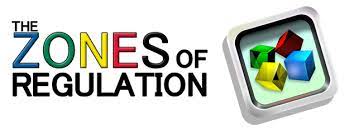
Five trained Mental Health First Aiders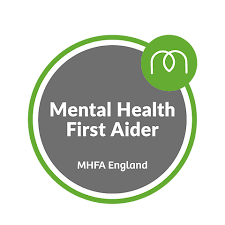
Positivity group – An enjoyable way to celebrate the wonderful things that the children do in their daily lives.
Young Carers – a safe and trusted environment where young carers can socialise with other children and have fun.
RSHE – Relationships, Sex and Health Education. Relationships and health are explored within our RSHE lessons, as well as the wider curriculum. Areas covered are families, friendships, relationships and being safe.



